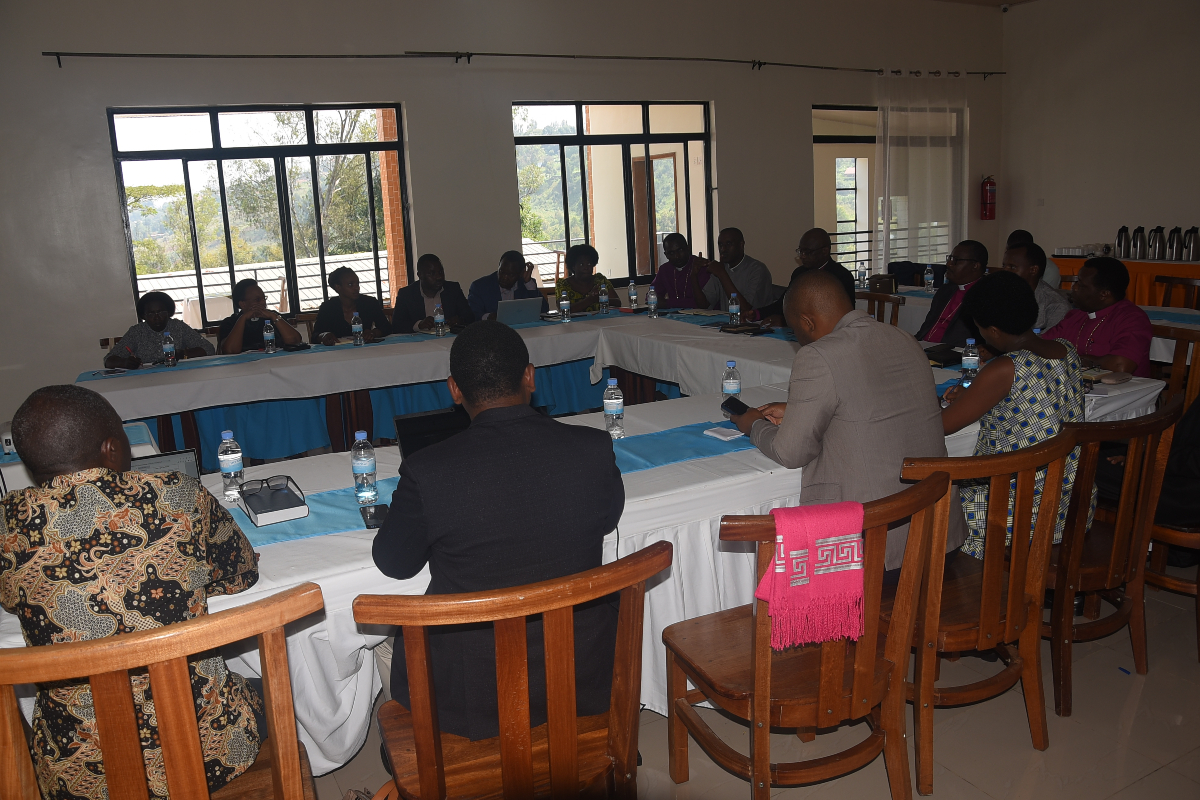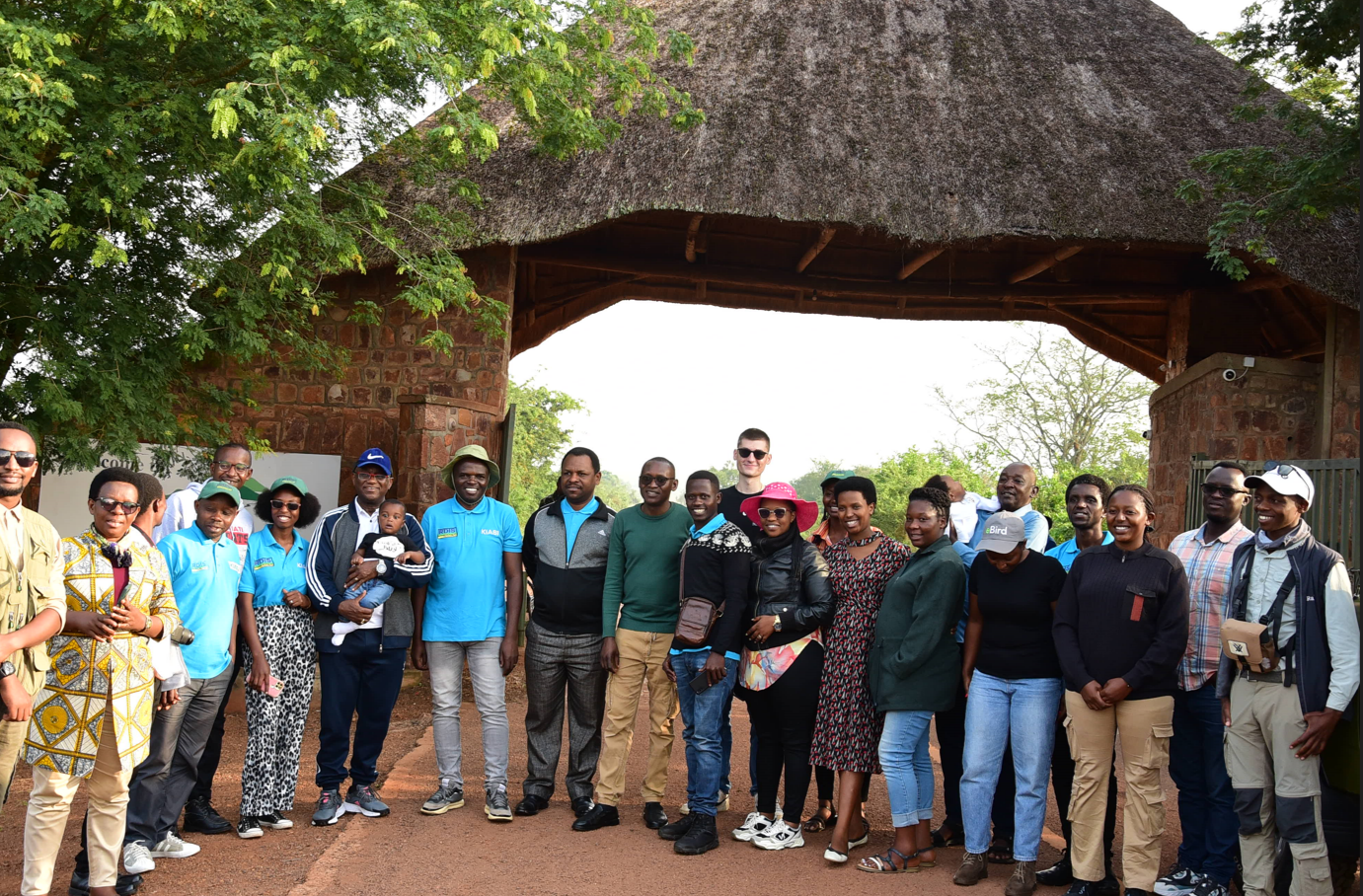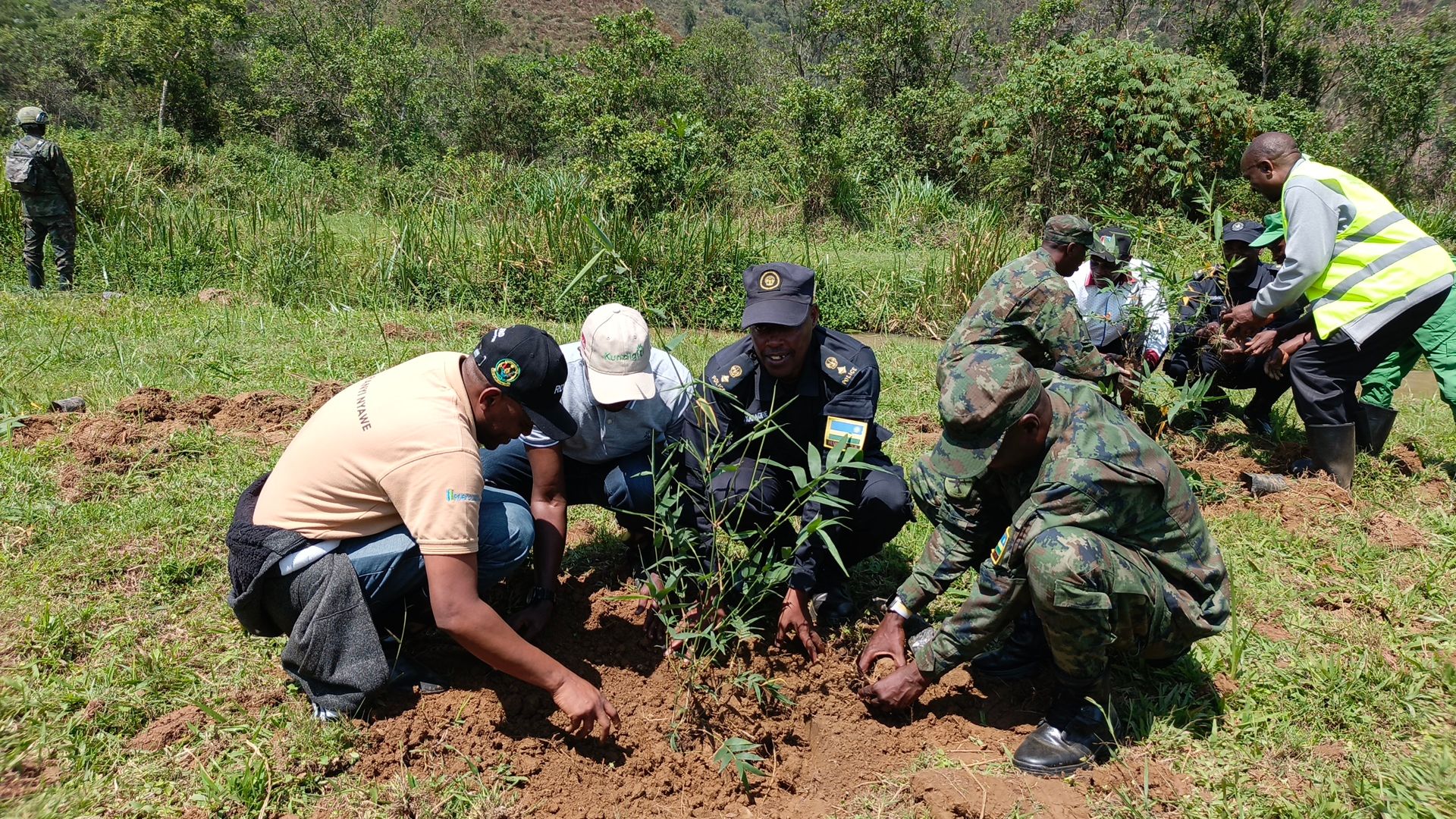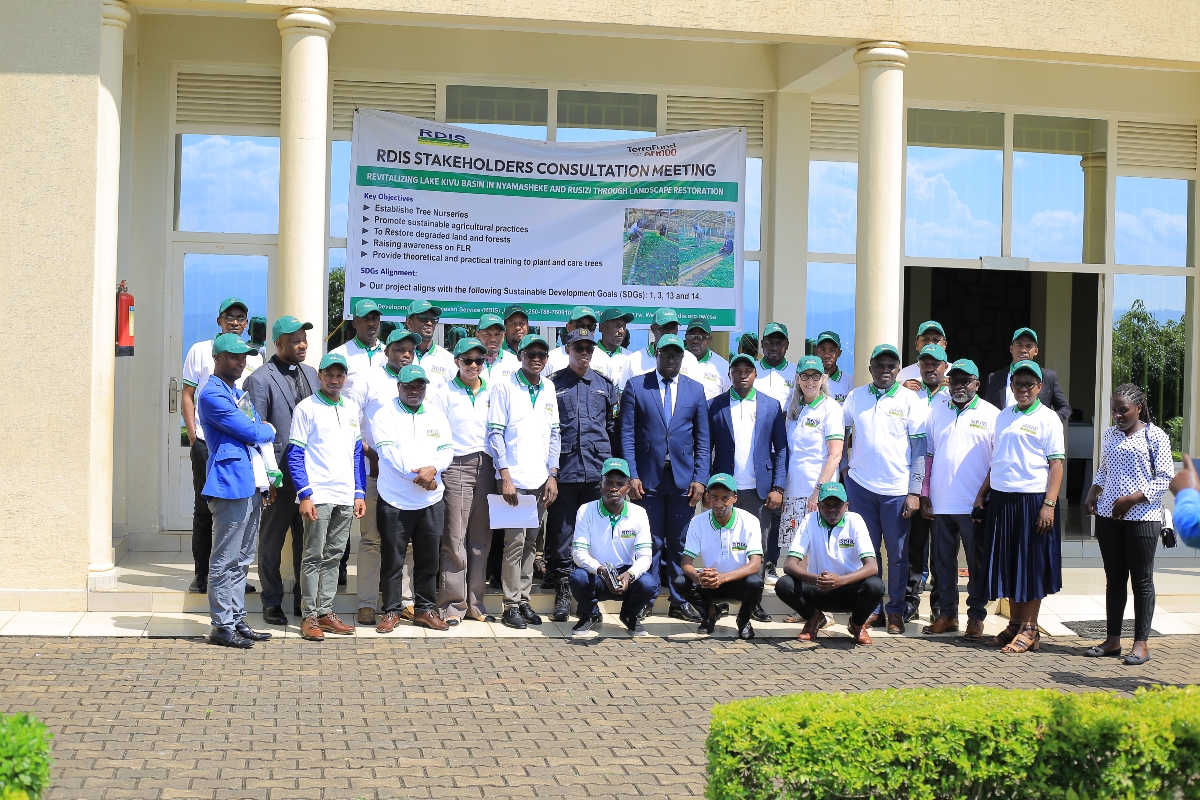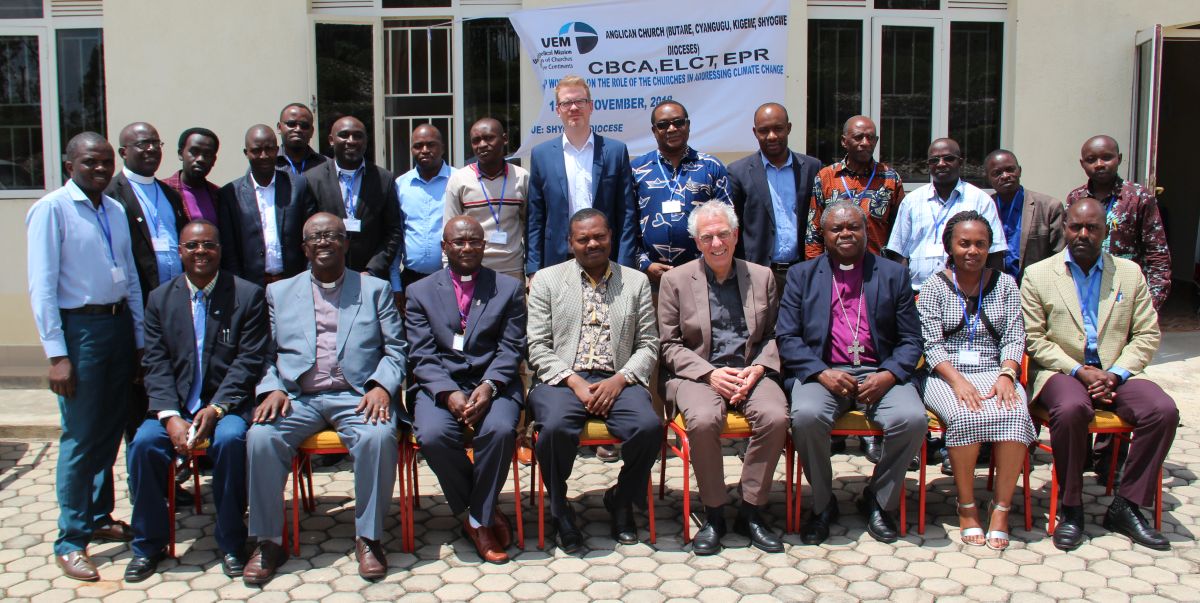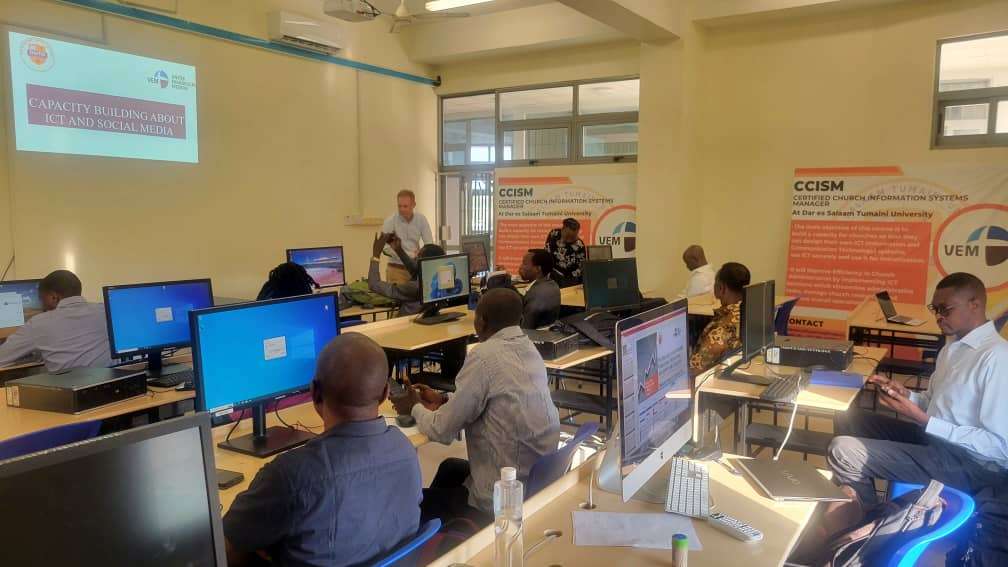RDIS 2023 ANNUAL AUDIT REPORT AND MANAGEMENT LETTER
- Details
RDIS organization is committed to promote professionalism, transparency for its growth and impact in the communities. To this end, an audit of financial statement was conducted for the year 2023 with an overall purpose of checking financial statement which comprises the Statement of Revenue and Expenditure, Statement of Financial Position for the period ended 31 December 2023, and a summary of significant accounting policies.
The audit report of RDIS for the year 2023, except for the effects of the matter described in the Basis for a Qualified Opinion section, the RDIS financial statements give a true and fair view of the statement of financial position of the Organization as at 31 December 2023 and its financial performance and its cash flows for the year ended 31 December 2023 in accordance with the General Accounting principles.
The full Audit Report which has been presented to RDIS Board on 19th July 2024
A Credit Union and a Rural Bank, a lesson for community development
- Details
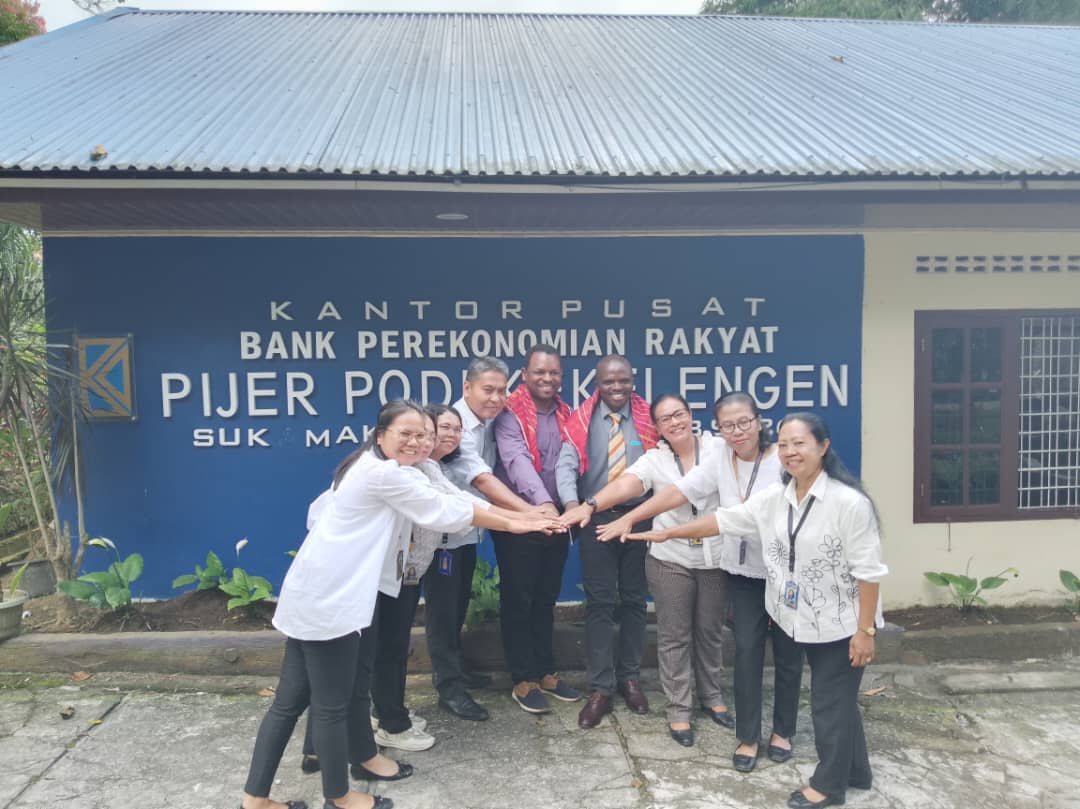
RDIS learns from YAK experience in community development. Among others, Ate Keleng Foundation / Development Participation of Karo Batak Protestant Church (YAK/PARPEM GBKP, Yayasan Ate Keleng / Partisipasi Pembangunan Gereja Batak Karo Protestan) has a Microfinance Service Division that handles 186 Credit Union it assists. It also has a Rural Bank in which it owns 60% of total shares.
RDIS concludes a partnership visit to YAK/GBKP in Indonesia, 13 – 26/06/2024
- Details
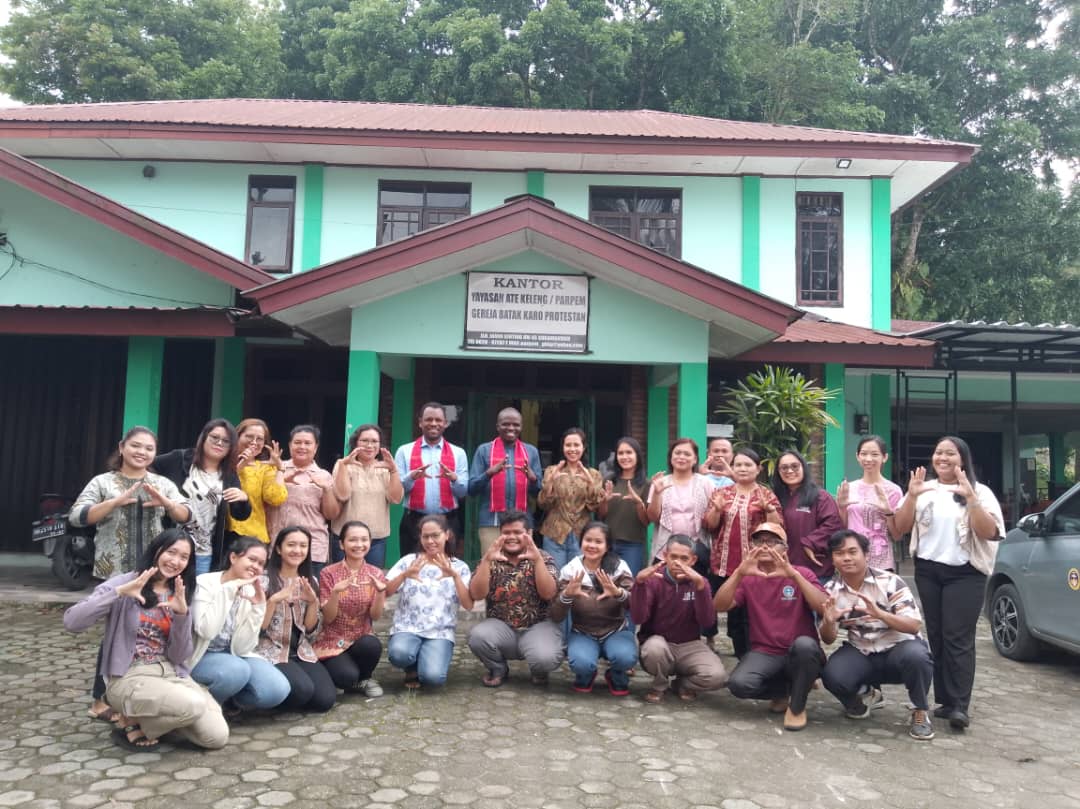
RDIS partnership visit was concluded at YAK in Indonesia based on the existing Collaboration Agreement between the two parties. Founded on a Memorandum of Understanding signed on the 23rd November 2019 by both parties with a purpose to learn from each other, and an overall goal “to shift from their own closed model to a more open one by integrating external ideas, solutions, resources and capabilities into their developments and other related practices to help them achieve greater return and stay competitive and relevant in their context”.
Five Talents Ubumwe got a provisional registration as a Cooperative
- Details
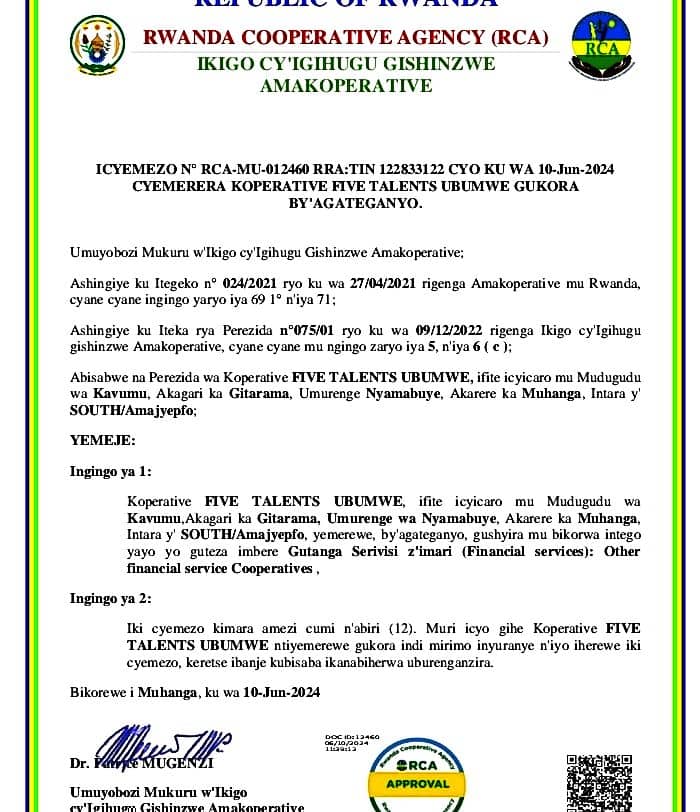
Since its official launch on the 23rd February 2024, the registration process of Five Talents Ubumwe (5T Ubumwe) as a saving and credit cooperative started. Thanks to the technical support provided by all actors in cooperative registration at sector, district and national level, the Cooperative got a provisional registration. This is a registration Nr RCA-MU-012460 (RRA: TIN 122833122) of the 10th June 2024 grating Five Talents Ubumwe to operate its Financial Services (Other financial service Cooperatives) for a twelve months period. After this, the process of application for the registration with the National Bank of Rwanda has promptly started.
Page 3 of 21

